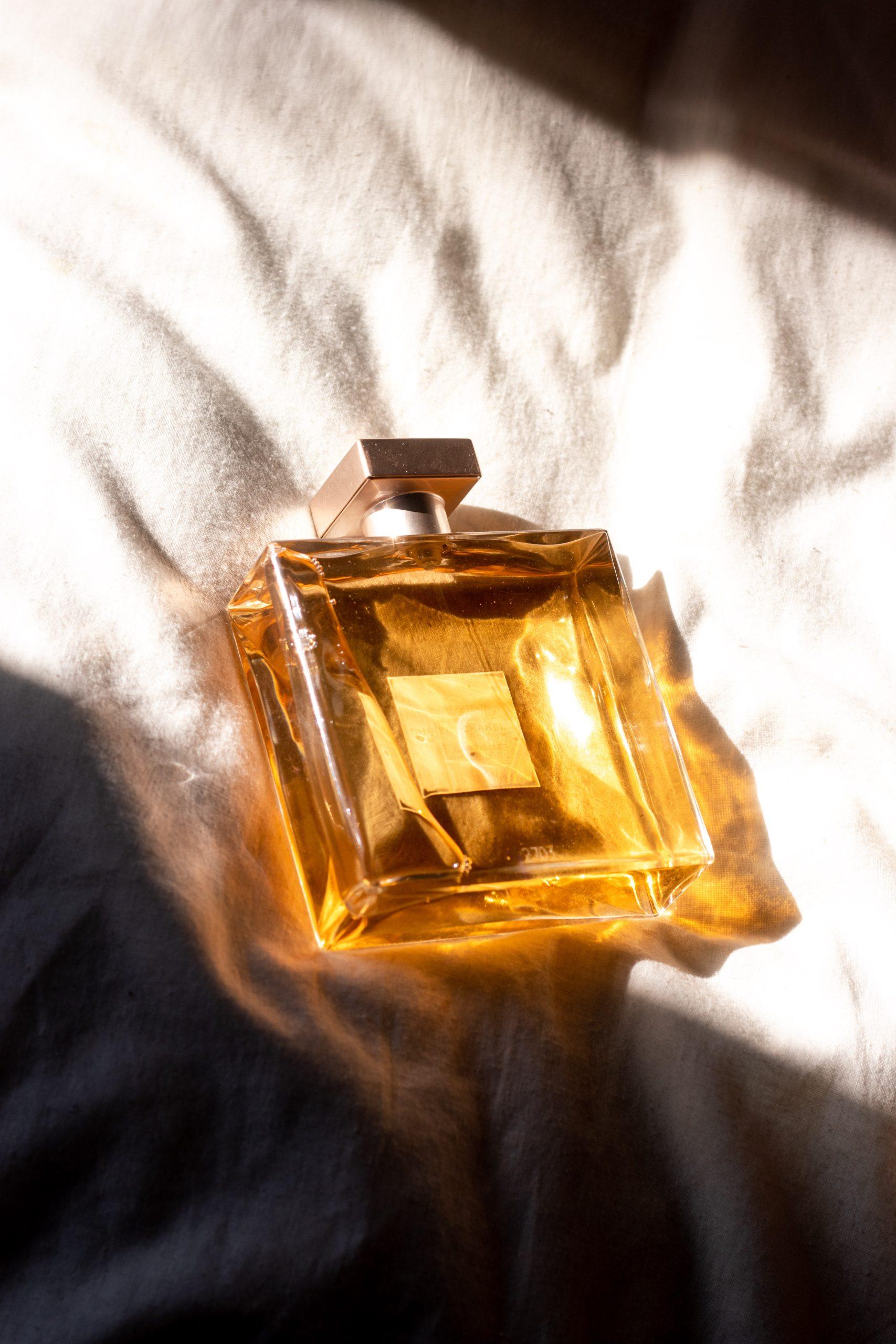What is in your favorite fragrance?
Have you ever thought about what clean smells like? I usually get no response when I ask this question to my clients. Why are we conditioned to think that clean has a smell? Marketing is one word for it. We are bombarded by clever marketing that convinces us to buy perfumes and fragrance so we will smell better to our friends, family, colleagues and potential partners. The goal of fragrance advertising is to sell us a better or more glamorous life, but unfortunately what they are really selling is a cocktail of harmful chemicals that may cause a variety of health problems. What is in your perfume? We don’t know the full extent of ingredients in perfumes and fragrances. It is assumed that it is a minimal blend of flowers, herbs, spices and oils. The essences of herbs and spices were used thousands of years ago to make perfume. Synthetic compounds have been added to perfume blends. Hundreds of chemicals can be included in the termfragrance. It is difficult for the consumer to know what they are using when there isn’t full disclosure of the ingredients on the label. Many of the ingredients in fragrance have not been tested for safety. The report Not So Sexy: The Health Risks of Secret Chemicals in Fragrance contains a graphic. The entire report by The Campaign for Safe Cosmetics and the Environmental Working Group is well worth your time, as it explores the hidden chemicals in fragrances and their impacts on our health. The report authors tested a selection of popular fragrances, and the graphics below show the percentage of untested chemicals and the secret chemicals they contain. Our skin is our largest organ. It can lead to serious health effects if what we spray on our skin gets absorbed. There are chemicals in the body that tell us how our tissues should respond. The communication network is made up of hormones. Like all of the instruments in a symphony, they need to be in balance. Symptoms and disease can occur when the hormones are out of tune. There are hormone disrupting effects of fragrances. They work by interfering with the production, release, transport and metabolism of hormones. They have been linked to a number of health issues, including breast cancer, prostate cancer, and thyroid problems. A group of compounds, which are also found in plastics, can lead to impaired fertility for both men and women, altered hormone levels, and a host of other health effects.

Exposure to them may disrupt normal development, as well as increase the risk of allergic diseases and asthma. Both estrogenic and anti-estrogenic activity can be achieved by butylated Hydroxytoluene. It can be toxic to the lungs, and can affect blood coagulation. Synthetic Musks have been shown to interfere with hormones. Our bodies and the environment are home to synthetic musk. Human blood samples, breastmilk and fat tissue have Musks in them. There are a number of allergic effects associated with fragrance exposure. Migraine headaches can be triggered by the smell of fragrance. Within minutes, exposure to perfume or fragrance odors brought on headaches. People reported that fragrances caused more headaches than paint, gasoline and bleach. In one study, participants were given floral perfumes to differentiate between headaches and migraines. The tricky thing about fragrance is that you don’t need to wear perfume in order to be exposed. Personal care products contain fragrances. Women use an average of 12 personal care products a day, while men use 6. Women and men are exposed to 168 chemicals a day! There is a constant exposure to harmful compounds when we use multiple products per day. Eliminate anything that has a smell: fragrance, perfume, cologne, air fresheners, plug ins, cleaning products, laundry detergents, toilet bowl fresheners, etc. I have a course on how to create a healthy home. Pick natural, fragrance-free options for your beauty care and personal care products. Remove toxins from your body. There is a full post and an episode of the show. Don’t use toxic scents. Choose wisely if you want to wear perfume. It’s not intended that scent lasts for hours on end or that it clings to clothes for days or weeks. I like to use essential oils. Determine the root cause of odors. If your reason for wearing perfume is to mask an odor, it is best to determine the root cause.





